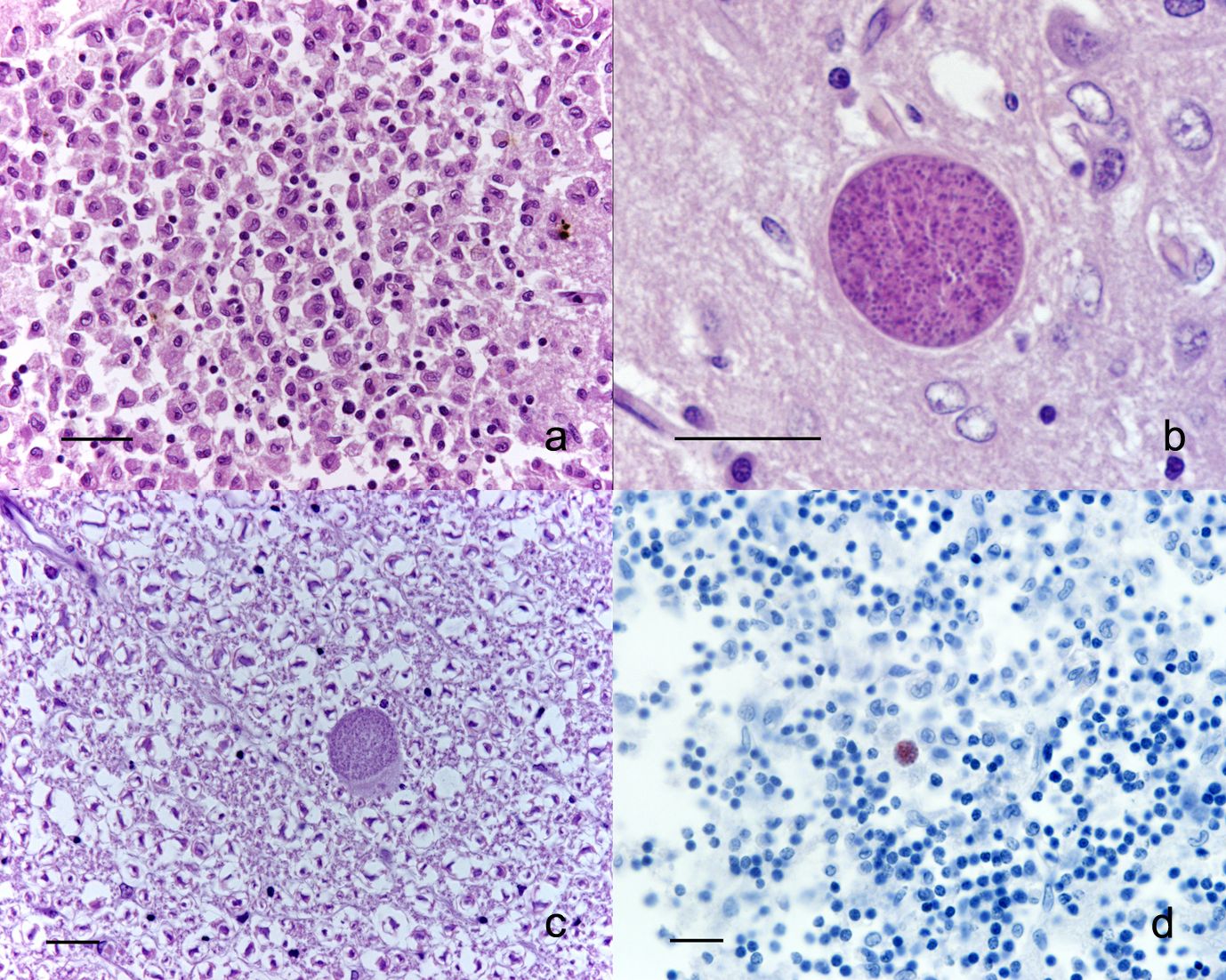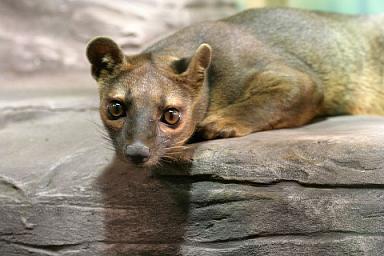The research, publish in the magazine Veterinary Parasitology, was conducted by CEU-UCH and Bioparc Valencia in collaboration with University of California and Complutense University of Madrid.

A group of researchers from University CEU Cardenal Herrera and Bioparc Valencia have discovered for the first time in the world a case of toxoplasmosis in an endangered animal: the fossa. These carnivorous animals, which are similar to felines, are the largest predators on the island of Madagascar, but currently are at risk of disappearing and becoming extinct. The toxoplasmosis detected in the fossa is a parasite-caused disease (Toxoplasma gondii) which infects all warm-blooded animals including humans, domestic and wild animals. In this case, the disease affected the brain of the fossa, who currently lives in captivity in Valencia’s Bioparc.
The article containing the results of this study describe for the first time a case of toxoplasmosis in a fossa and has just been published in the prestigious magazine, Veterinary Parasitologym, under the title “Encephalomyelitis by Toxoplasma gondii in a captive fossa (Cryptoprocta ferox)”.

In collaboration with UCLA and UCM
This study, a product of cooporation between University CEU Cardenal Herrera and Bioparc Valencia, has been coordinated by Dr. Juan Manuel Corpa, Director of the CEU-UCH Institute of Biomedical Sciences, and Dr. Joaquín Ortega, American Diplomat in Pathological Anatomy and professor at the University, in close collaboration with Dr. Casares, Veterinary Director of Bioparc Valencia, Dr. Gómez-Muñoz from the Complutense University of Madrid, and Dr. Uzal of California Animal Health and Food Safety for the University of California.
Professor Juan Manuel Corpa is the main researcher of the research group regarding Pathology and Animal Health at UCH-CEU and as regards anatomopathological diagnosis in diverse species, Professor Joaquín Ortega also participated.
For more information about this research, see “Encephalomyelitis by Toxoplasma gondii in a captive fossa (Cryptoprocta ferox)” on PubMed.






